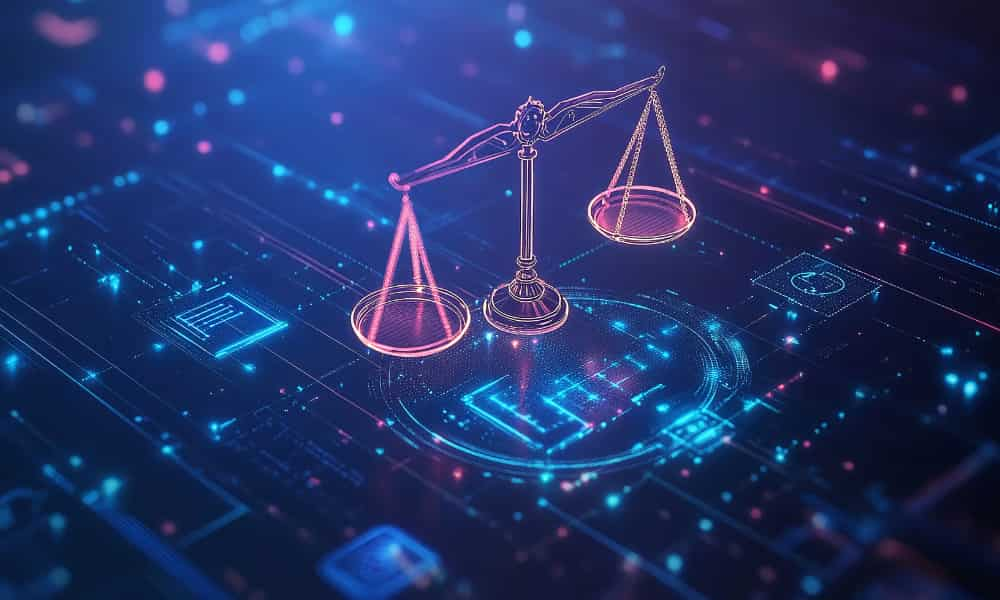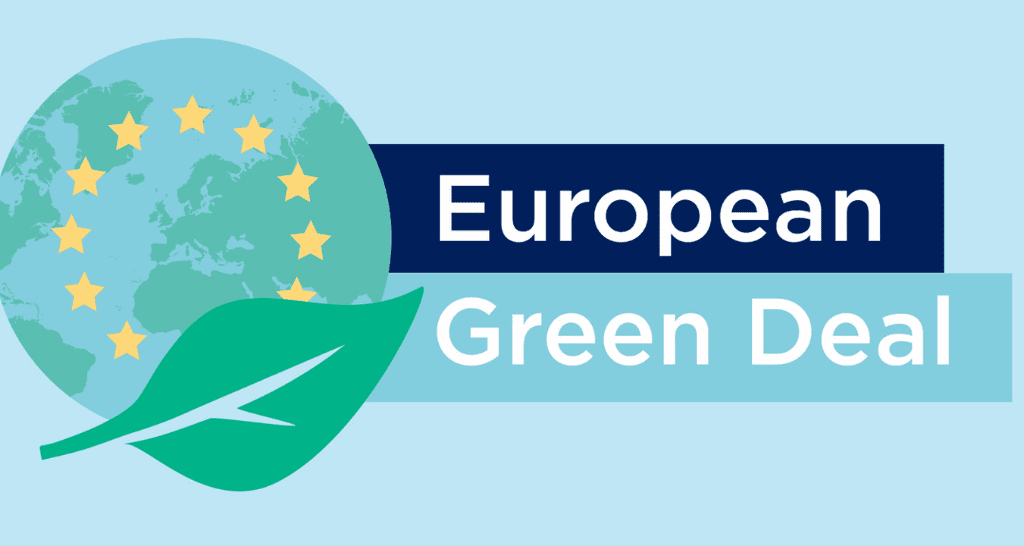European banking for international business accounts has bifurcated into two distinct ecosystems: traditional full-service banks serving multinationals and large corporates, and digital-first platforms optimized for SMEs, freelancers, and […]
Popular Posts
Trending Posts
Recent Posts
Editors Choice
Best Investment Opportunities in Europe for High-Net-Worth Individuals
European investment markets are undergoing significant repricing and repositioning, creating compelling opportunities for high-net-worth individuals across real estate, private equity, infrastructure, and alternative assets. European real estate investment […]
Top European Cities That Are Becoming Remote-Work Destinations
Europe has emerged as the world’s premier remote-work destination, with digital nomad populations exploding across cities large and small. The fastest-growing destinations are experiencing growth rates exceeding 100%—Warsaw […]
AI Regulation in Europe: What Companies Need to Know
The European Union’s Artificial Intelligence Act (AI Act) represents the world’s first comprehensive legal framework for artificial intelligence regulation, establishing binding compliance obligations that become progressively enforceable from […]
How European SMEs Are Adapting to Digital Transformation
European small and medium-sized enterprises (SMEs) are undergoing accelerated digital transformation, with basic digital intensity adoption rising from 58% (2023) to 73% (2024)—a remarkable 15-percentage-point leap in a […]
The Rise of Remote Work in Europe: Opportunities and Risks
Remote work in Europe has transitioned from pandemic emergency to structural permanence. By 2025, approximately 25% of paid workdays across the European Union occur outside traditional offices, with […]
How Inflation Is Impacting Everyday Life in the Eurozone
Eurozone inflation has undergone remarkable disinflation since peaking at 10.6% in October 2022, reaching 1.9% in December 2025—the first time since May 2025 that headline inflation fell below […]
European Startups to Watch in 2026
Europe’s startup ecosystem is entering a transformative phase characterized by scale, profitability, and sectoral diversification. While 2025 saw venture capital constraints slow early-stage investment, a cohort of mature […]
Top 10 Emerging Tech Hubs in Europe You Should Know
Europe’s technology landscape is undergoing a dramatic geographic redistribution. While London, Paris, and Berlin remain dominant, a new generation of tech hubs is rapidly closing the gap—particularly in […]
How the European Green Deal Is Reshaping the Continent’s Economy
The European Green Deal represents an unprecedented transformation of Europe’s economic structure, mobilizing over €1 trillion in sustainable investments to achieve climate neutrality by 2050 while maintaining economic […]








